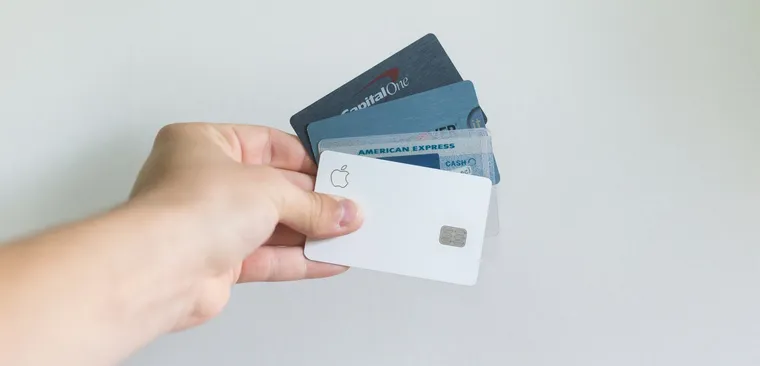Your credit score is one of the most important numbers in your financial life. According to FICO, scores typically range from 300 to 850, with higher scores linked to lower borrowing costs. For seniors, retirees, and younger adults alike, finding ways to improve your credit score can lead to greater financial stability, access to affordable credit, and peace of mind.
Ways to Improve Your Credit Score
Improving your credit score takes consistency and smart habits. Here are proven strategies:
1. Pay Bills on Time
Payment history accounts for about 35% of your FICO score. Even one late payment can lower your score significantly. Setting up autopay or reminders can help.
2. Reduce Credit Utilization
Aim to use less than 30% of your available credit. For example, if you have a $5,000 credit limit, try to keep your balance under $1,500.
3. Avoid Opening Too Many Accounts at Once
Hard credit inquiries from multiple applications can temporarily reduce your score. Space out applications when possible.
4. Maintain Older Accounts
Length of credit history makes up 15% of your score. Keeping older accounts open, even with minimal use, can help improve your credit profile.
5. Diversify Your Credit Mix
Having a combination of credit cards, installment loans, and retail accounts (used responsibly) can boost your score.
6. Check Your Credit Report for Errors
According to the Consumer Financial Protection Bureau (CFPB), errors on credit reports are common. Request a free report annually from each bureau at AnnualCreditReport.com.
7. Pay Down Debts Strategically
Focus on high-interest debt first while maintaining minimum payments on others. This reduces overall financial strain and improves utilization.
Why Credit Scores Matter
A strong credit score can help you:
- Qualify for lower mortgage and auto loan rates.
- Secure better terms on credit cards.
- Improve housing opportunities (landlords often check credit).
- Reduce insurance premiums in some states.
Conclusion
If you’re searching for ways to improve your credit score, the key lies in consistent financial habits: paying on time, lowering debt, keeping accounts open, and monitoring reports for accuracy. These steps take patience, but over time they build a stronger credit foundation and greater financial freedom.
References
- Consumer Financial Protection Bureau (CFPB) – How Do I Get and Keep a Good Credit Score?
https://www.consumerfinance.gov/ask-cfpb/how-do-i-get-and-keep-a-good-credit-score-en-318/ - FICO – Understanding Your FICO® Scores
https://www.fico.com/en/latest-thinking/fact-sheet/understanding-fico-scores - USA.gov – Understand, Get, and Improve Your Credit Score
https://www.usa.gov/credit-score - Investopedia – How To Improve Your Credit Score – 8 Simple Rules And Strategies
https://www.forbes.com/sites/truetamplin/2024/11/28/how-to-improve-your-credit-score--8-simple-rules-and-strategies/

